
Juvenile Offenders
Experienced
guidance
Overview
Experienced Juvenile Defense
A child who has been arrested cannot go without a lawyer. Not only is that the law but it’s the best plan for achieving the best results for your child.
Criminal prosecution of juveniles can bring serious penalties and cause severe disruption to children and their families. Turner Padget can help. We are experienced in representing children in Family Court as well as when the government tries to treat them like adults by moving them up to adult General Sessions Court through what’s called a “waiver hearing.”
Whether your child is being prosecuted as a juvenile or the government is considering “waiving them up” to be treated as an adult—the important fact to start with is they’re still a child.
According to the Supreme Court of the United States, “children are different” than adults and the courts must treat them as the children they are. And that’s where Turner Padget starts in juvenile criminal defense cases. We recognize your child is just that: a child.
We are experienced in defending all types of juvenile prosecutions.
- Truancy & Other Status Offenses
- Drug offenses
- Sex offenses
- Theft & Burglary
- Armed Robbery
- Murder
- Prosecution as Adults (Waiver Hearings)
Need a Confidential Consultation?
Call (864) 552-4652
FAQs on Juvenile Criminal Cases in S.C.
Does my child need a lawyer?
The simple answer is yes. The law in South Carolina requires every juvenile being charged with a crime to be represented by a lawyer. See S.C. Code of Laws § 63-19-1040. If you appear in court without a lawyer, more than likely, a judge will ultimately order you to cooperate with getting your child an attorney to represent them and may order you to pay fee to that lawyer.
Why are children different than adults in court?
Because they literally have a different brain than adults—one that doesn’t finish growing and maturing until close to their 25th birthday — the Supreme Court of the United States decided in five cases—Roper v. Simmons (2005), Graham v. Florida (2010), Miller v. Alabama (2012), Montgomery v. Louisiana (2016), and Jones v. Mississippi (2021)—that “children are constitutionally different from adults in their levels of culpability.” Therefore, judges overseeing criminal prosecutions in their courts and deciding the criminal consequences for juveniles must consider the important factors and characteristics that make juveniles constitutionally different from adults. Courts must find an age-appropriate sentence or punishment for juveniles. This means who your child is—their individual characteristics and circumstances—are vital to ensuring they are treated as the Constitution requires: like the child they are.
Contact Turner Padget so that we can work to ensure your child is treated the way the Constitution requires and help find the best overall resolution for your child.
Can my child be prosecuted as an adult?
It depends on two things. First, the offense and your child’s age when they were accused of committing the offense. Second, it depends on whether the government can be successful in what is called a juvenile “waiver” hearing. A waiver hearing his held in Family Court before a Family Court Judge who must decide whether the government has properly met the requirements to treat your child as an adult. The hearing may involve an evaluation of your child by one or more psychologists or other experts. It may involve witnesses for and against your child. And it will require a lawyer to represent your child. Contact Turner Padget so that we can help you through this important and complex process.
What is a status offense?
A status offense is an allegation your child did something that would not be a crime if it was committed by an adult. For instance, running away from home or truancy are two status offenses that only children are charged with. While these are not “crimes” they can still have serious consequences for your child and your family. Whether or not your child has a defense or can present mitigating circumstances that will reduce the potential consequences of a status offense adjudication is something a Turner Padget lawyer can help you with. Contact Turner Padget so that we can help you navigate the process of adjudication for a status offense in Family Court.


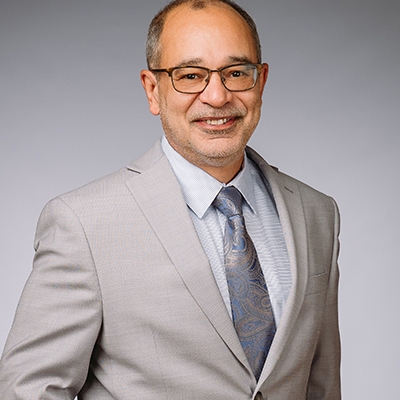






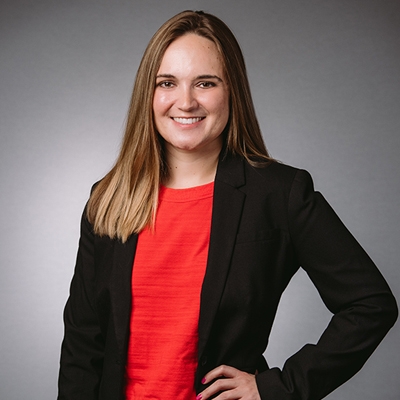



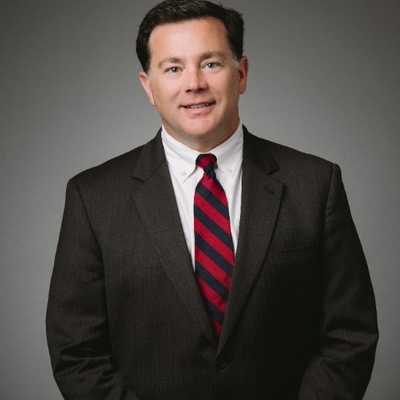













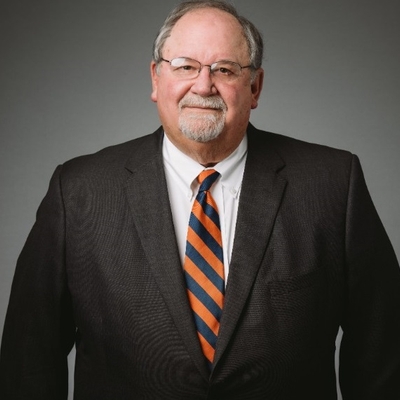









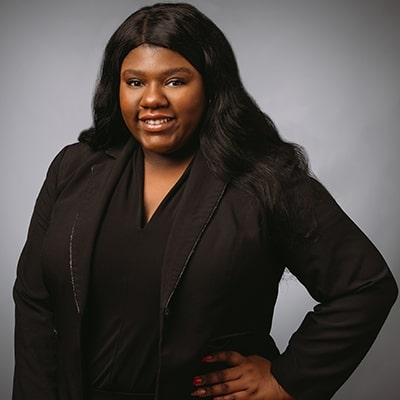








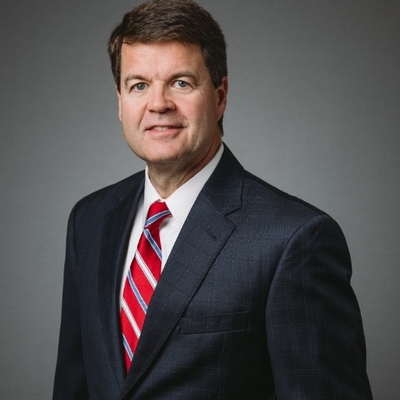






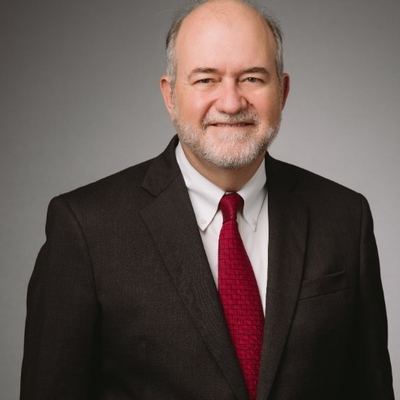

 More Insights
More Insights